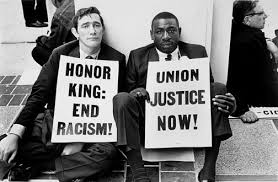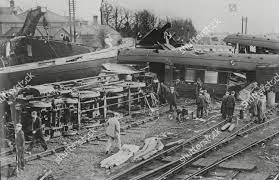On October 30, 1938, a radio broadcast of "The War of the Worlds" captivated and terrified listeners across the United States. Adapted from H.G. Wells' science fiction novel, this radio drama, directed and narrated by Orson Welles, created panic and confusion as many believed that a real alien invasion was taking place.
"The War of the Worlds" was presented as a series of news bulletins reporting a Martian invasion of Earth. The radio play was structured to simulate a live news broadcast, with interruptions and updates as the story unfolded. The realistic format, combined with the convincing performances of the actors, led many listeners to believe that the events were actually happening.
As the broadcast progressed, panic spread rapidly. Some listeners tuned in after the introduction, missing the disclaimer that it was a dramatization. The realistic nature of the radio play, combined with the growing anxiety surrounding World War II and the fear of an impending global conflict, heightened the sense of alarm and confusion.
Reports of listeners fleeing their homes, calling the police, and even preparing for battle against the supposed Martian invaders flooded newsrooms and police stations. The panic was fueled by the fact that the radio play coincided with a time when radio was the primary source of news and entertainment for many households.
The panic resulting from "The War of the Worlds" broadcast sparked a national conversation about the power and responsibility of the media. Critics argued that the radio play was irresponsible and caused unnecessary fear and panic. Others defended the broadcast, claiming that it was a testament to the effectiveness of radio as a medium for storytelling and entertainment.
In the aftermath of the panic, the Federal Communications Commission (FCC) conducted an investigation into the "The War of the Worlds" broadcast. The investigation concluded that the radio play had indeed caused mass panic, prompting the FCC to issue guidelines for future radio dramas and news broadcasts to prevent similar incidents.
Despite the controversy surrounding the panic, "The War of the Worlds" broadcast remains a significant cultural event. It demonstrated the power of media to influence public perception and highlighted the importance of responsible journalism. The incident also solidified Orson Welles' reputation as a talented and innovative filmmaker and marked a turning point in his career.
"The War of the Worlds" broadcast has since become a legendary piece of radio history. It continues to be studied and analyzed by media scholars and serves as a reminder of the influence and impact of mass media on society. The event also highlights the enduring appeal of science fiction and the enduring legacy of H.G. Wells' classic novel.






